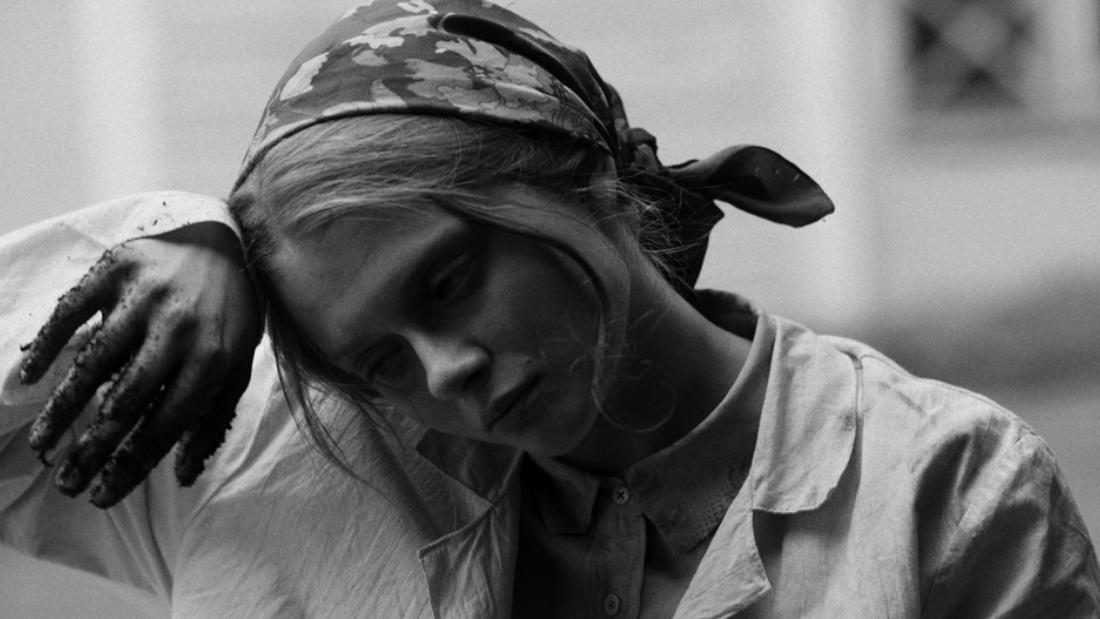
Maine Film Center Waterville, ME
Will Bonsall
Director of the Scatterseed Project
One Man Dies a Million Times— The seeds that may save him
Program Description
Why is seed diversity important? At the helm of the Scatterseed Project, Bonsall has safeguarded an extensive array of seed varieties, numbering in the thousands. The pivotal role of seed diversity unfolds against the backdrop of a shifting climate. With each seed variety potentially holding resilience to rising temperatures, intensified rainfall, and other environmental shifts, the preservation of this diversity becomes incredibly important. Bonsall not only highlights the urgency but also guides individuals to save seed to independently contribute to the perpetual preservation of seeds and plant species for future generations.
Presented At
Maine Film Center Waterville, ME
Film Synopsis
Two Russian botanists in a besieged city must protect the invaluable edible specimens of a seed bank from their starving fellow citizens, enemy forces, rats, and each other.
Alyssa and Maksim both work at the Institute of Plant Genetic Resources in the center of the city. The Institute houses the world's first seed bank—a repository of irreplaceable seeds from around the globe—a priceless trove of living genetic diversity, which holds the potential to transform modern agriculture.
The two young botanists fall in love as the world wages war around them. The enemy surrounds the city, cutting them off from the rest of Russia, from electricity, from warmth, and from food. A record-breaking, desperate winter sets in and the city slowly, painfully, begins to starve to death. Savagery transplants civility. The city begins to eat itself from the inside out.
Maksim and Alyssa defend the seed bank and its priceless collection of edible specimens—the future of their nation's food supply—from the starving masses of the city, the enemy, hoards of rats, and each other.
Part documentary, part legend, One Man Dies a Million Times is set in the future, but tells the true story of the seed bank and the botanists who worked there throughout the Siege of Leningrad (1941 – 1944).
The N. I. Vavilov Institute of Plant Genetic Resources still stands in the middle of what is now called St. Petersburg. As we face declining food security, climate change, monocultures, factory farming, seed patenting, and disappearing ecosystems, this collection is especially critical in today’s world. Despite great strides in advancement, biotechnology cannot invent nor can it replace the genetic diversity that these scientists protected with their lives.
The immense collection at the Vavilov Institute remains one of the world’s most precious treasures.
About the Speaker
Will Bonsall, director of the Scatterseed Project, is best known for his work in preserving crop diversity. His past occupations are as varied as his seed collection and includes draftsman, prospector, hobo, gravedigger, logger, musician, language teacher, and artist, among others. In addition to farming and seed saving, Bonsall is currently an active author. His works include "Through the Eyes of a Stranger" and "Will Bonsall's Guide to Radical, Self-Reliant Gardening."